Bangladesh: Controlling Financial Infrastructure
China’s investment in Bangladesh’s stock exchange gives Beijing a chance to shape the financial architecture of the most vibrant economy in India’s neighbourhood
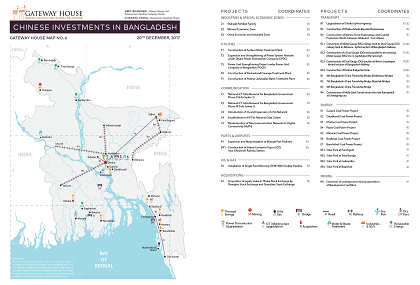 Courtesy: Gateway House
Courtesy: Gateway House
China’s investment in Bangladesh’s stock exchange gives Beijing a chance to shape the financial architecture of the most vibrant economy in India’s neighbourhood
 Courtesy: Avas.mv
Courtesy: Avas.mv
Maldives, India’s smallest neighbour, is rapidly coming under China’s ambit of influence: two of nine cooperation agreements that the two countries signed recently are a cause of much concern. The India-Maldives bilateral needs some careful nurturing
 Courtesy: Flickr
Courtesy: Flickr
No easy solutions to this refugee problem are emerging despite the considerable international attention it has drawn. India has taken a pragmatic stand despite anxiety about deepening China-Myanmar ties
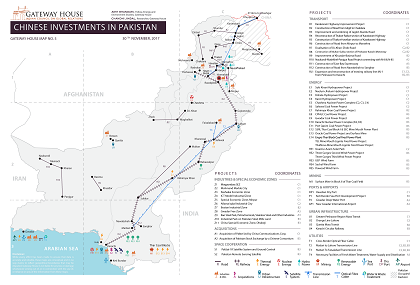 Courtesy: Gateway House
Courtesy: Gateway House
The China-Pakistan Economic Corridor is a strategic play by China disguised as an economic corridor. It may bring some economic benefits to Pakistan in the short run, but will almost certainly cost the country – and India – a big political price in the long run
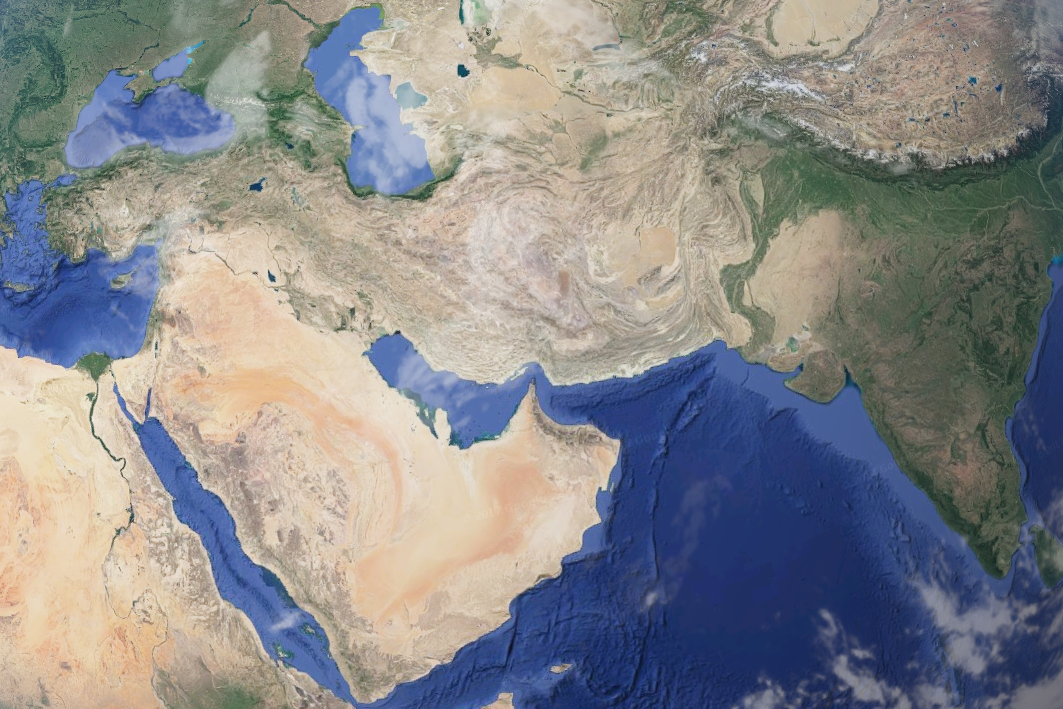 Courtesy: to put
Courtesy: to put
A conference in Doha on ‘Enriching the Middle East’s Economic Future’ offered many insights into the nature of geopolitical relations in the region and India’s significant role in it
 Courtesy: Pixabay/Comfreak
Courtesy: Pixabay/Comfreak
The two countries’ proposal to carry out a robotic sample-return mission to the Moon in the 2020s is a laudable attempt at catching up with Beijing’s rather more advanced lunar agenda. And there are many lessons that Japan can offer India
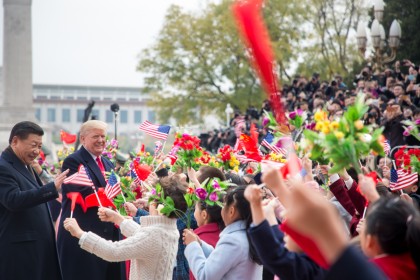 Courtesy: Flickr/WhiteHouse
Courtesy: Flickr/WhiteHouse
The visit yielded no dramatic breakthrough. But Team Xi finally got the respect and validation it desired, and deserved. Trump rightly praised China’s success in meeting its own development goals and contributing to global growth. But he is unlikely to soften his stance on jobs lost to China or the more vexing structural issues
 Courtesy: MEA/Flickr
Courtesy: MEA/Flickr
Regional groupings in South Asia have turned out to be like diligent pupils whose report cards show performance below par. The reasons for such an impasse range from political divergences to the economic downturn and the much talked about China factor that has many implications for India
 Courtesy:
Courtesy:
The removal of 11 top ministers in the Riyadh government last week by the young crown prince Mohammad bin Salman, is a geopolitical upheaval, the implications are serious. Domestically, the kingdom is seeking to liberalise its conservative society and move away from oil-dependency – evident from the expected listing of its crown jewel Aramco. For India, which imports oil largely from West Asia, instability could cause a spike in prices, leaving less for its ambitious reforms. Globally, there is now space for new alignments – in the Great Power plays, in the Shia-Sunni rivalry, and in the war on terrorism.
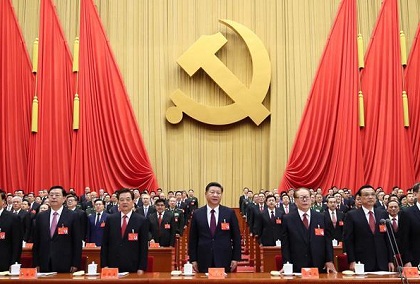 Courtesy:
Courtesy:
For the last fortnight, the world has been captivated by the events of the 19th National Congress of the Communist Party of China, which elevated Chinese President Xi Jinping to the status accorded to Chairman Mao. Xi Jinping has consolidated his position in the CCP, strengthened his hold over the country and provided a policy road-map for the next five years. 'Xi' Jinping Thought' is now enshrined In the Chinese Constitution just as firmly as was 'Mao Zedong Thought'.